By Warren Berger
Do you like to read but don’t have enough time? Don’t worry! We’ve got your back! Introducing the new thinkLaw book report series. We’ll do the reading for you AND make a connection to our shared work in the critical thinking revaluation!
In our second book report, we’re featuring a book that really speaks to all of us at thinkLaw. It’s quite literally a book that encourages us to question our questions. Let me explain…
The author refers to himself as a questionologist and says that we should all dedicate ourselves to studying great questions. The premise of the book is that if we take the time in any demanding situation to ask questions, we will make better decisions. There are many books that dedicate themselves to answers rather than questions but there is less of a focus on finding the right question.
Ask the right questions with our thinkLaw lesson plan for root cause analysis. Download it now on TeachersPayTeachers!
The author presents over 200 questions that fit into the following categories: decision-making, creativity, connecting with others, and leadership. The questions were collected from entrepreneurs, life coaches, teachers, therapists, FBI agents, scientists, and other experts.
The author encourages us to face the enemies of questions: fear, knowledge, bias, hubris, and time. As adults, the more we know, the less we feel we need to ask. Once we are aware of the barriers we face when it comes to asking questions, we need to be intentional about developing questioning as a habit and the author offers practical steps and exercises that you can complete to become a questionologist.
The book concludes with the idea that everyone should have a “big beautiful question” to pursue. For the author, the big question is How might I encourage more questioning? He says he’s dedicated his life to answering this question because he believes that the future depends on our ability to develop questioners, innovators, lifelong learners, and critical thinkers.
The Take-Away
My favorite question in this book was, “What if the future of democracy depends on questioning?” What a powerful question to ask as part of the critical thinking revolution! The book talks about how we have so much information coming at us all the time that, as a species, we tend to give up trying to sort through it. When we give up, we being to rely on our “gut reactions” to make decisions rather than our logic.
I believe this question is a powerful tool for both teachers and students. As teachers, our work is critical. We need to instill a sense of urgency with our students for questioning and critical thinking. The best way to do that is to model it! If as practitioners, we are focused on asking better and more frequent questions in our own lives this will spill over into our classrooms and the conversations we’re having with our students.
Using this question as a discussion started with students could lead to a remarkable discussion. As Thomas Jefferson once said, “The price of freedom is eternal vigilance.”

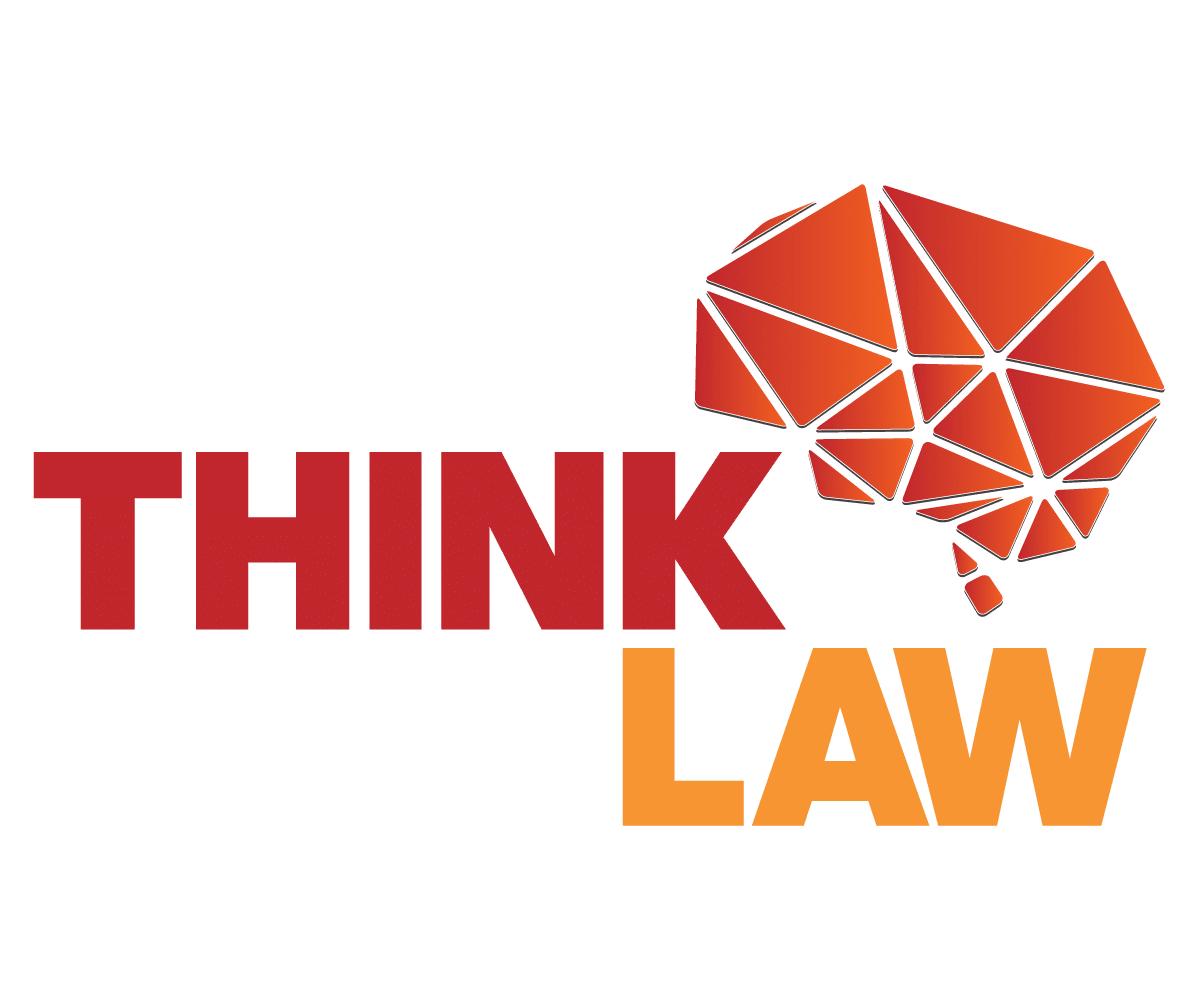
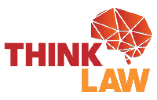
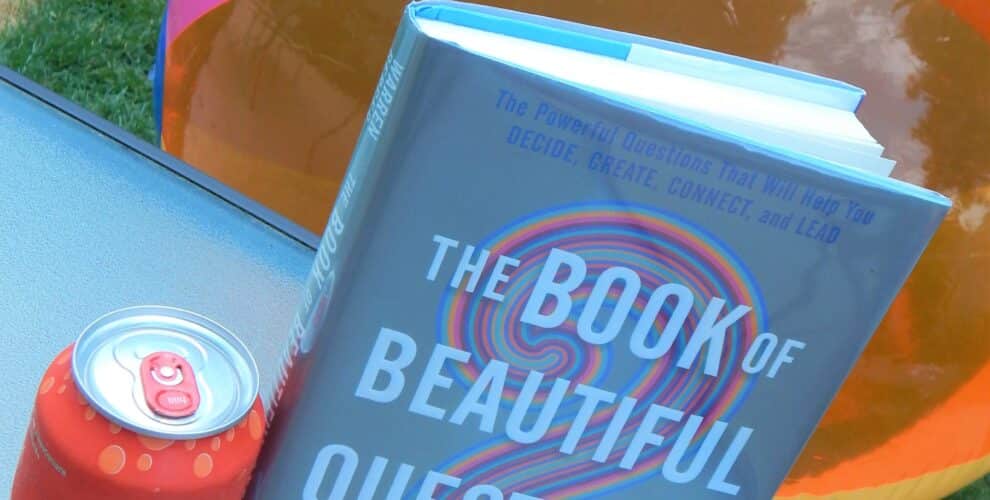

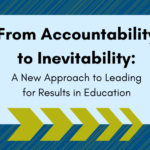
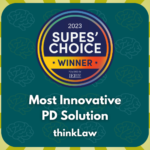
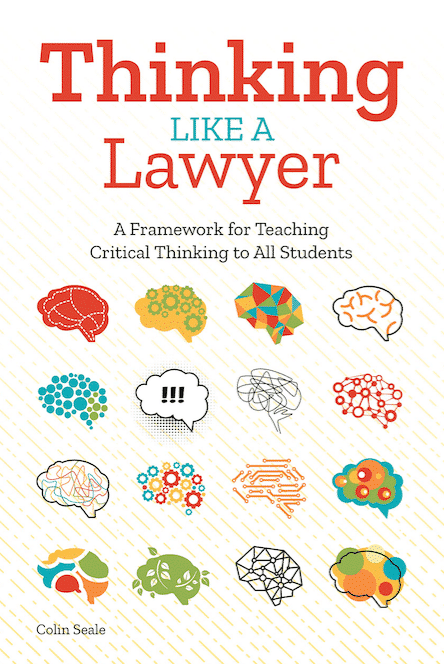
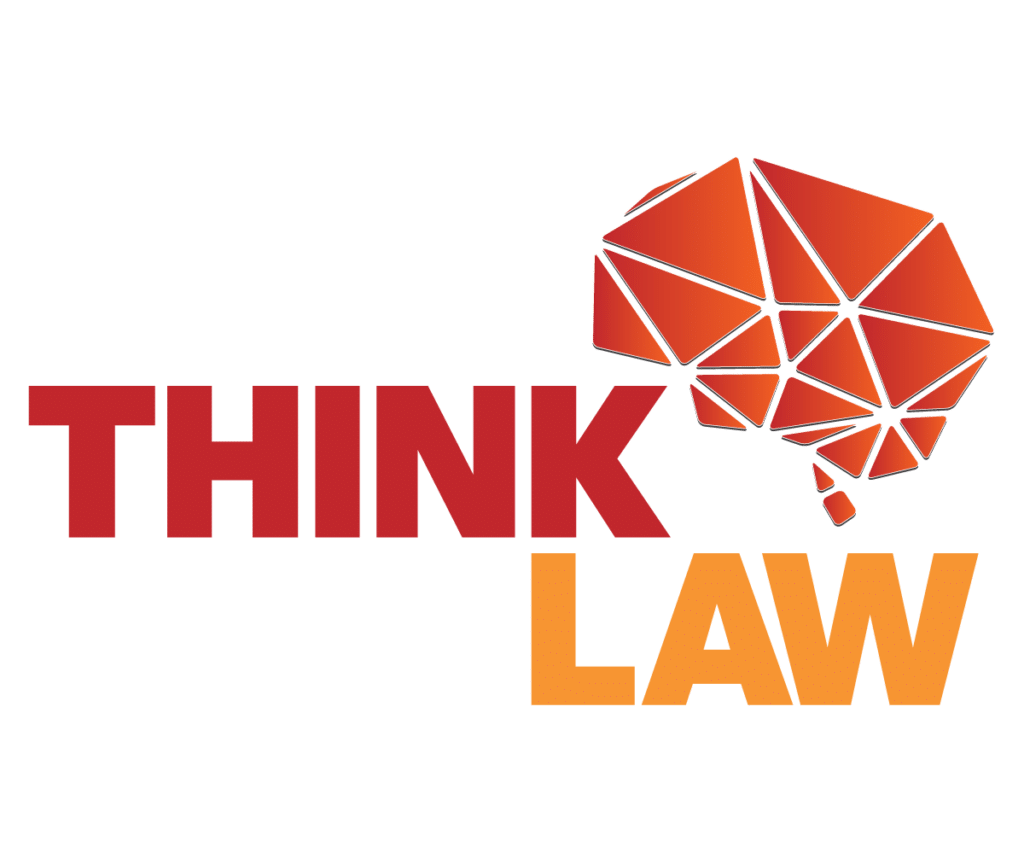
Leave a Reply